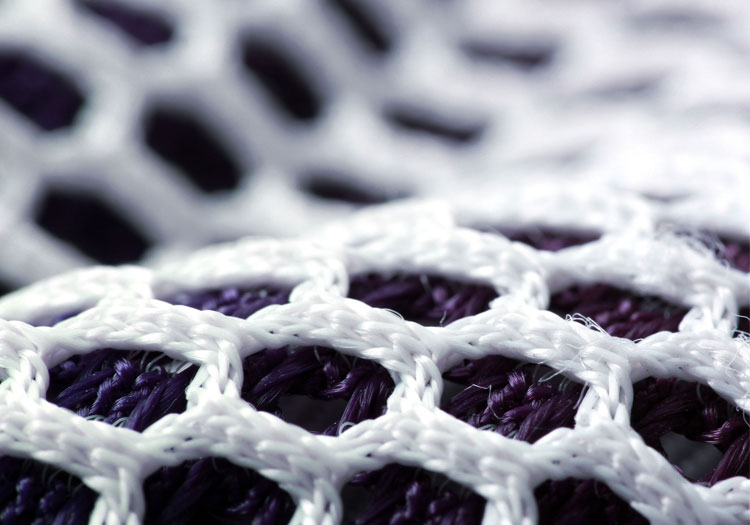

Unless you are looking to take your backpack underwater or looking to pay a fortune then you really don’t need your backpack to be waterproof. There are a number of cheap products on the market that claim to be waterproof, so be careful as they are not. When it comes to waterproof material it’s really important to ensure you actually need it, because it’s expensive to do right. These additional agents cause the water to bead off the surface and restrict the ability for it to pass through the material. For example, the nylon can be coated with substances like DWR, urethane or rubber, or even be laminated to a waterproof membrane. In terms of water-resistant coatings, nylon will commonly have a variety of water-resistant agents applied to the external surface. These techniques improve the overall quality of the nylon and will reduce and eliminate the amount of water that can pass through the fabric when wet. For example, the weave of the fabric fibres can be tightened or the weight of the material can be increased, which is how they make ballistic nylon. There are a number of different techniques which can be used to improve the water resistance of nylon. You might have seen nylon water resistant outdoor clothing and water-resistant nylon backpacks, this is due to these techniques and coatings. This is because you can make nylon water resistant by either improving production techniques or adding an external water-resistant coating.

While on it’s own it may not be waterproof, nylon can, however, be a great base material for a lot of water-resistant products. If we dig down and look at it nylon on a molecular level, it’s a hygroscopic material, which means that it absorbs water, so even at a molecular level it is not waterproof. As a fabric, it will actually absorb water and when wet, will allow water to pass through it. They are in accord with new developing theories of solutions and molecular interactions in colloidal systems that account for Hofmeister effects.The question, Is nylon waterproof? is a common one and the short answer is no, nylon is not waterproof. These dispersion forces dominate the behavior in concentrated solutions. Nylon is a waterproof material in itself. When exposed to harsh weather conditions, the material will continue to absorb water. The data indicate that this Hofmeister phenomenon is controlled by dispersion forces that depend on the polarizability of ionic species, their adsorption frequencies, the solvent, and the substrate. Is Nylon Waterproof Nylon jackets or backpacks can be labeled waterproof, but this is mainly due to the material used.
#Does nylon absorb water free#
To understand this phenomenon, the water absorbency parameter (A(w)) is compared to different physicochemical parameters such as the lyotropic number, free energy of hydration of ions, molar surface tension increment, polarizability, refractive index increment, and molar refractivity. No, nylon is not waterproof in its most basic form.

Our results show a significant specific ion and ion pair "Hofmeister" effects, that change the amount of water absorbed by the fibers. Because of the heating in the printcore, the absorbed water will create bubbles and give a bad surface, little holes and in the wors case clog your nozzle. The effect of anions was determined by selecting a wide range of different sodium salts, while the effect of cations was checked through some chlorides and nitrates. The water absorbtion of nylon is a kind of double-edged sword: Before printing, you dont want the material to absorb moisture. In this paper we report a study on the water absorbency (or retention) of untreated wool fibers in the presence of aqueous 1 M salt solutions at 29 degrees C and a relative humidity of either 33% or 56%.

The water absorbency parameter can be determined from weight gain, according to a standard method, and used to quantify this phenomenon. Wool fibers absorb moisture from air, and, once immersed in water, they take up considerable amounts of liquid. Wool is a complex material, composed of cuticle and epicuticle cells, surrounded by a cell membrane complex.


 0 kommentar(er)
0 kommentar(er)
